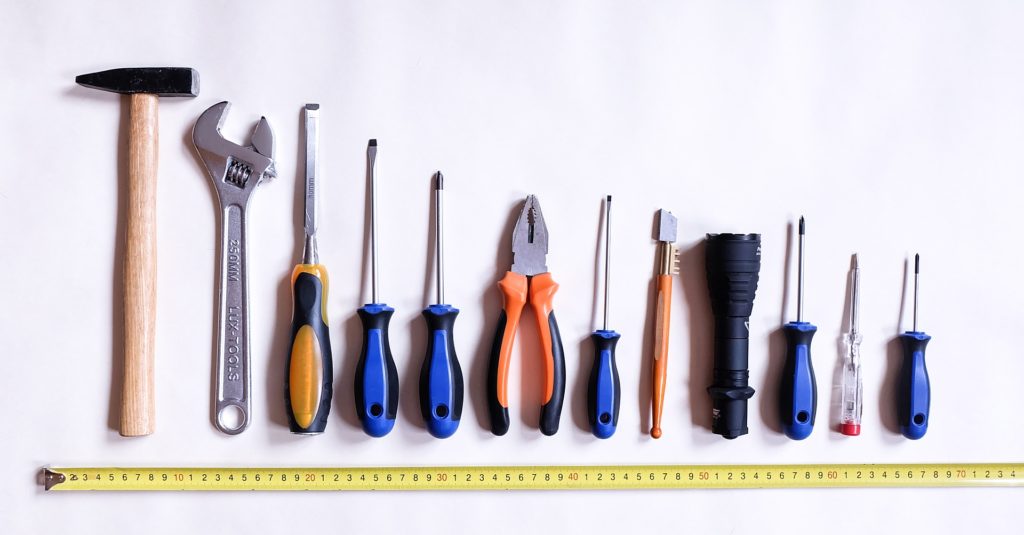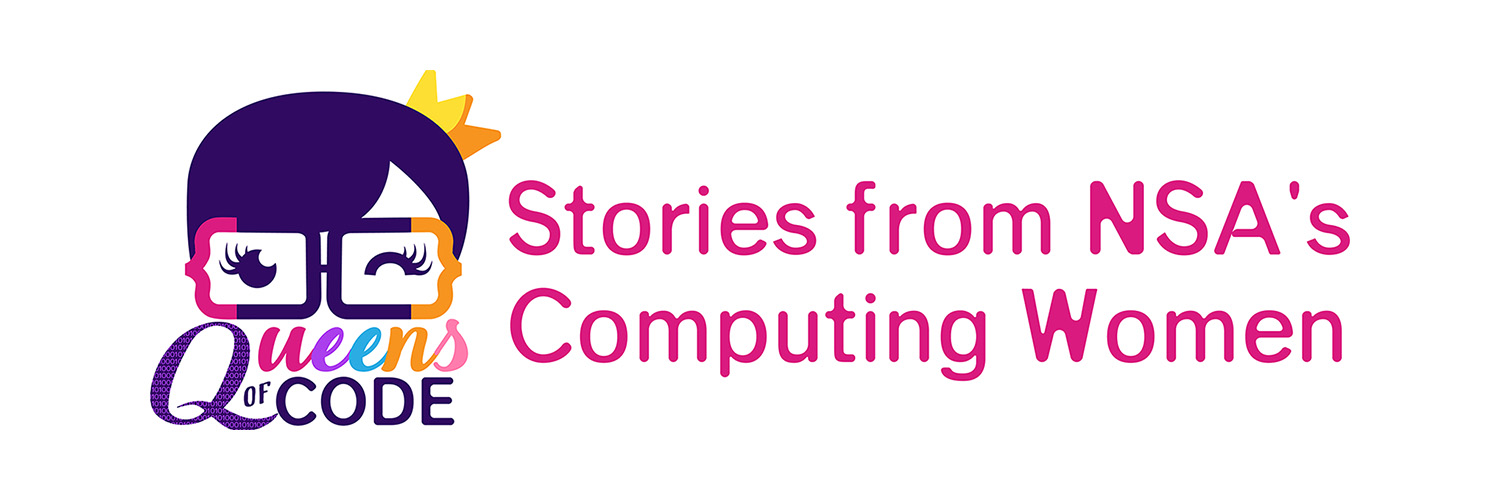
PreQueen Stories–Tools of the Trade
Back in the 50s and 60s, high school girls took home ec—short for home economics—in school and the boys took shop. We learned cooking, sewing, and home making skills. The boys used tools and built things while picking up woodworking and metalworking know how. Later in the 70s and 80s many students took both home ec and shop. And now some places have eliminated both, while others have replaced them with Food Nutrition and technology classes—which we highly support for all students. Some of our Queens had the opportunity to work with hardware as well as software—but didn’t get experience with tools and putting things together until we were on the job. But one of our women grew up in a family that fostered this skill.
Vee came from a family of tinkers. I never really had a great technology “aha” moment – it just happened. Growing up I was part of a very handy and mechanical family. Girls were never told that they should not or could not do something – to illustrate when I was 6 years-old, I climbed on the roof with hammer in hand to help my father reroof the house. Of course, my Mother had a fit but if something needed fixing we just did it. I was around tools, and machinery all the time even at my grandfather’s blacksmith shop.
My college degree was in liberal arts (psychology major)–nothing math or mechanical related. I was recruited by NSA as an intern in a study to determine which college majors would be good for the new emerging field of “Data Processing. This was 1965. I was identified as having an extremely high mechanical aptitude – imagine that. When the study completed it was determined that a Music Major was the best fit for the new “data processing” field – I wouldn’t have fit that either.

Stories from our Pre-Queen years growing up in the 1950s and 1960s.
When men went off to war in the 1940s, women took on a wide range of non-traditional jobs like building airplanes, working as laboratory techs, radio operators, pilots, and truck drivers. Over 350,000 joined the military and 10,000 came to Washington as Code Girls helping to break the enemy’s codes to help win the war. But after the war, even though many women wanted to continue working their jobs, they were let go in favor of the returning Veterans. In the 50s and 60s, women’s career choices were somewhat limited to teacher, nurse, librarian, secretary, beautician, or home maker. Not surprising, some of our preQueens were discouraged from pursuing technical careers by parents, teachers, and guidance counselors. But others did have the support of family and friends.
Peggy
In my youth I was always interested in how and why things
worked/operated the way they did. I can honestly say one of my favorite
courses in high school was Physics. However, much to my chagrin when it
came time to pick a major in college, although I had scored well on the
Kuder Preference Test for engineering, my advisor/mentor told me I was
crazy to go into that field as a female. According to him I would never
make it because the field was pretty much closed to females. The
hardships and discrimination would be unbearable. He suggested something
in the field of education. So being a naïve 17 year old I believed him
and chose Secondary Education as my major. After several years of
teaching middle school math, Peggy found her way to NSA.
